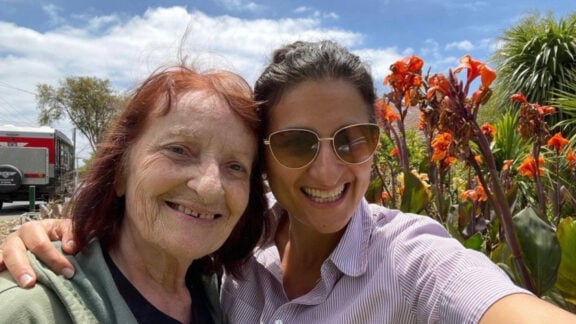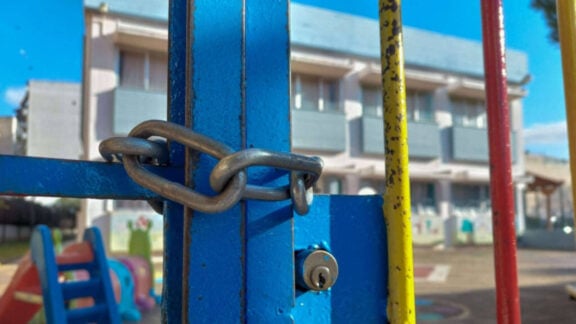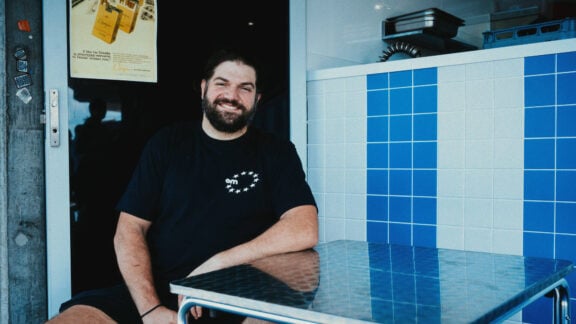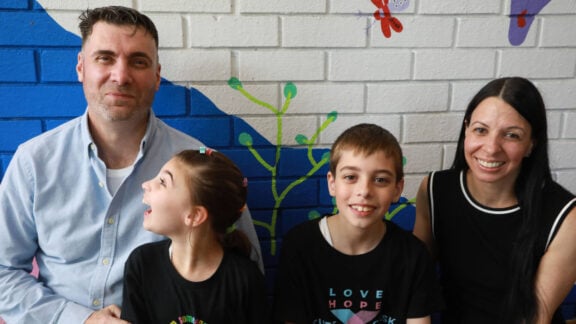From 1 November, a new chapter begins in aged care across Australia. The federal government is rolling out a new program called Support at Home, designed to help older Australians live independently and remain in their own homes for as long as possible. This new system will replace the current Home Care Packages (HCP) program.
This is important for our Greek community, as the post war generation now need increased care and support. Many of our elders also desire their independence and dignity so living at home with support is a key service.
The promise behind Support at Home is simple– to make it easier for older people to access the services, equipment, and home modifications they need. Whether it’s help with daily tasks, personal care, mobility aids, or home safety improvements, the program aims to provide more choice, better value, and greater flexibility — allowing seniors to get support when and how they want it.
However, while the reforms offer hope for a more streamlined system, concerns remain. Some worry about how the new system will work in practice, especially for vulnerable people or those with limited English skills. It is essential that current recipients of aged care services receive clear and timely information so that no one loses the support they depend on.
Neos Kosmos will continue to closely follow the rollout of these changes, providing readers with official updates, interviews, and practical advice.
Fronditha Care: Preparing for the future of aged care
To understand more about the changes, Neos Kosmos spoke with Fronditha Care, a leading Greek aged care provider in Australia.
Their CEO, Faye Spiteri OAM, explained that the government’s aged care reforms aim to build a system that delivers greater access and fairness for all Australians.
“The government’s reforms are designed to ensure more equitable access for everyone,” she said.
While some people have felt unsettled by the announcements so far, Spiteri reassured the community that Fronditha Care is ready.
“We understand that many details are still being finalised, and this uncertainty can cause concern. That’s why we’ve already invested heavily in updating our IT systems, training our staff, and making sure we communicate clearly with all our clients and their families.
“We want the transition to be as smooth as possible.”
One assessment, simplified access
Two of Fronditha Care’s case managers, Christine Phokion and Tania Samartzis, helped explain how the new system will work on the ground.
A key change is a single, unified assessment process carried out by Services Australia. Instead of multiple assessments for different services, there will be just one. This aims to speed up access and reduce confusion.
“No matter what services an older person needs, there’ll only be one assessment — and that will determine their support needs,” said Samartzis.
Christine Phokion added reassurance for those already receiving care:
“Anyone approved for a Home Care Package before September 12, 2024 won’t need to be reassessed. They’ll move into the new system at the same funding level, and any money left over will carry forward.”
This means continuity for many families, with no sudden changes to their support.
Funding and flexibility: What’s new?
Under Support at Home, the current four-tier funding system will be expanded to eight funding levels. This is meant to better match the support people receive with their individual needs.
Importantly, the government will cap provider fees at 10% of the total budget, so more funds go directly to frontline care.
Funding will be paid quarterly, and recipients will be able to roll over unused funds — up to $1,000 or 10% of their package — into the next quarter. Plus, separate funding will be available for equipment and home modifications to improve safety and accessibility.
What about new applicants?
For people approved for care after 13 September 2024, there will be a new income-tested contribution system. Services Australia will assess each person’s financial situation, including income and assets, to decide if and how much they should contribute toward their care.
Services will be divided into three categories with different contribution levels:
– Clinical services like nursing or physiotherapy will have no required contribution.
– Independence support such as help with bathing or shopping will require a moderate contribution.
– Day-to-day living services like cleaning or gardening will have a higher contribution.
“Care providers don’t set these fees — they’re determined by the government,” explained Samartzis.
A story of independence: Antonis Zachos
For many, the ability to stay at home is priceless. Take Antonis Zachos, 86, who lives alone in the same house he’s called home for more than 40 years.
A descendant of Asia Minor refugees, Antonis grew up between Egypt, Lemnos, and mainland Greece before moving to Australia in 1967. Despite losing his wife and children, and being blind for the past eight years due to glaucoma, he treasures his independence.
He receives about 10 hours a week of support to help with meals, cleaning, gardening, and medical appointments.
“They cook for me, portion the food, and freeze it. It’s a huge help — but it’s also company,” he said.
“What means the most is a bit of conversation, someone just being there. When you live alone, that makes a world of difference.”
Antonis also has respiratory problems and has had to call an ambulance using his emergency alert button after falls. Still, he is adamant that moving into a nursing home is not an option.
“As long as you can stay in your own home, it’s better. You’re in a place you know — you have your freedom.
For Antonis and many others, language and cultural understanding in care are vital.
“When a carer speaks your language and understands your culture, it’s a relief. Our English isn’t great.
“It feels like they really understand and respect you.”
Looking ahead
With such reforms on the horizon, providers like Fronditha Care are working hard to ensure their clients can navigate the changes with confidence.
For many elders like Antonis, the new system promises a future, where staying at home remains a real and supported option.
Tania Samartzis said that Fronditha Care has already established a dedicated bilingual support team and is planning targeted community information campaigns to assist clients and families with the transition.
For support or more information, call (03) 9552 4100 or visit:
frondithacare.org.au/support-at-home
Further information about the national Support at Home program is also available on the Support at Home.








